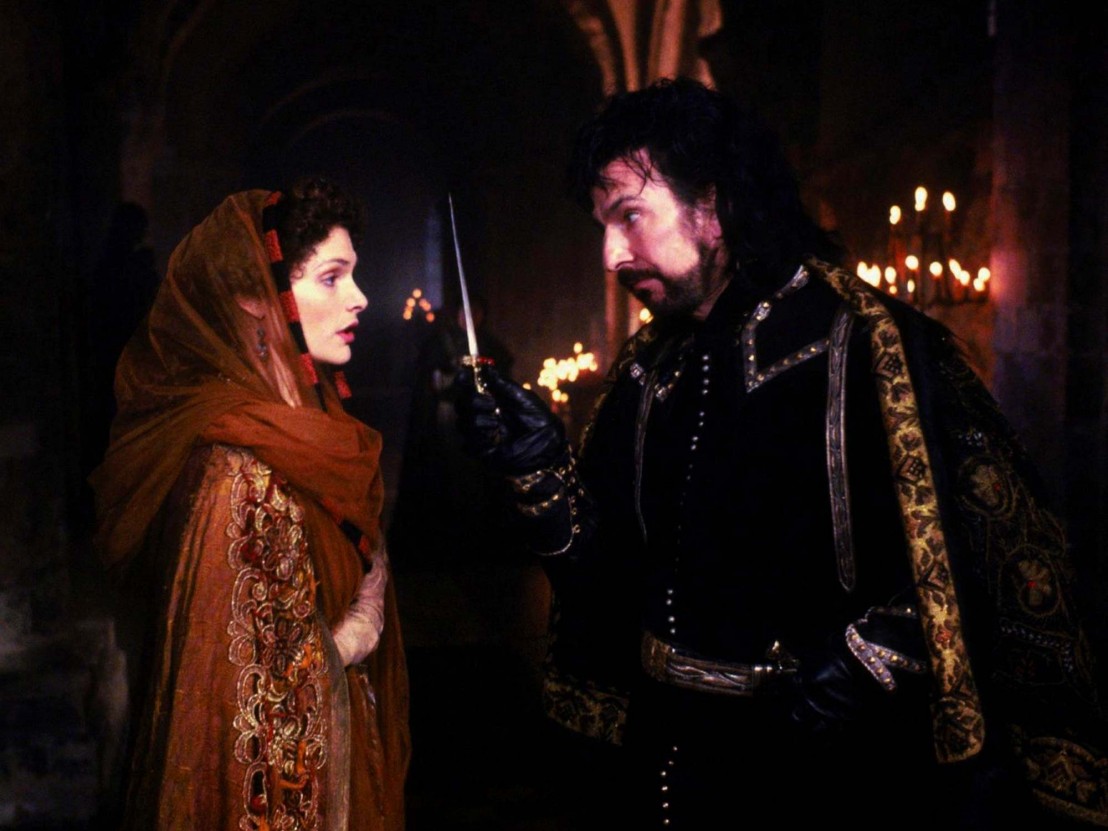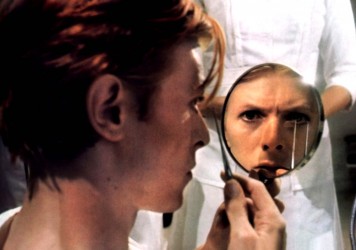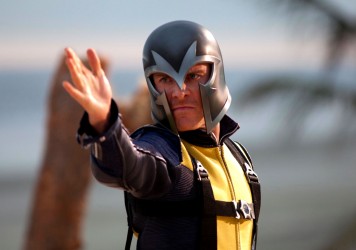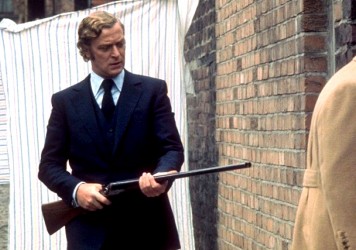
Alan Rickman, who has died aged 69, had a knack for playing great cinematic villains. From his very first and arguably most iconic baddie film role in 1988’s Die Hard to 10 years of service to Harry Potter movies as Severus Snape, embodying the force of encroaching darkness just seemed to come naturally. It was some quality in his creaky voice and natural downturned sneer. He nailed the facial expression of a man on the cusp of controlled fury as a result of having tasted something deeply unpalatable.
While doing press for Robin Hood and the Prince of Thieves, in which he played Kevin Costner’s mortal enemy, the Sherif of Nottingham, he was asked: ‘Why are you so good at being so bad?’ He responded: “I don’t know. I approach every part I’m asked to do and decide to do from exactly the same angle: Who is this person? What does he want? How does he attempt to get it? What happens to him if he doesn’t get it. Or if he does.”
From this answer it seems like the way he was cast was something imposed on him. In the same way that clean-cut features pave the way to matinee idoldom, so Rickman’s face with its haughty handsomeness sealed his fate as cerebral type of wrong-doer. His character actor’s answer to the above question goes some way to explaining why his work was always so absorbing.
Rather than pitching his skulduggery at a hysterical hand-rubbing Bond villain level, Rickman played his parts from a place of conviction, speaking his lines with the merest hint of relish. He was at his most delicious when adding a sliver of ice to a hammy dish: the cad in velvet in Robin Hood or embodying the camply titled Euro-villain, Hans Gruber.
It’s always strange to look back at an actor’s suddenly finalised list of credits. The attempt to try to pin down the role that established their image and reputation is more elusive when, as with Rickman, cinema credits only tell a partial story. I wish that I would have strayed from my medium and watched him at work in the theatre. I would have loved to have seen him in the role of seducer in Christopher Hampton’s stage version of Dangerous Liaisons.
The magic of cinema is in what it preserves, the magic of the theatre in what disappears. Part of what Rickman gave is still present in his film back catalogue while more intimate performances are left as personal memories for those that sought them out.
Published 14 Jan 2016

The sad passing of this rock deity at the age of 69 has got us thinking about his greatest screen work.

Sammy Sheldon Differ also shows off Russell Crowe’s sword.

The veteran British actor discusses his craft in this essential archive interview.